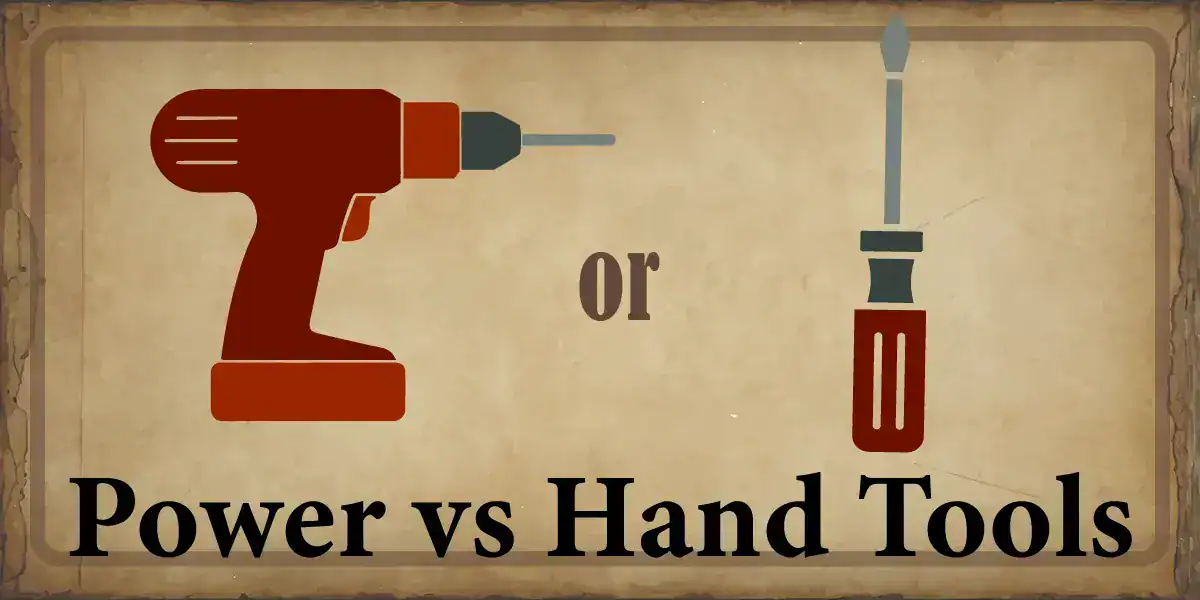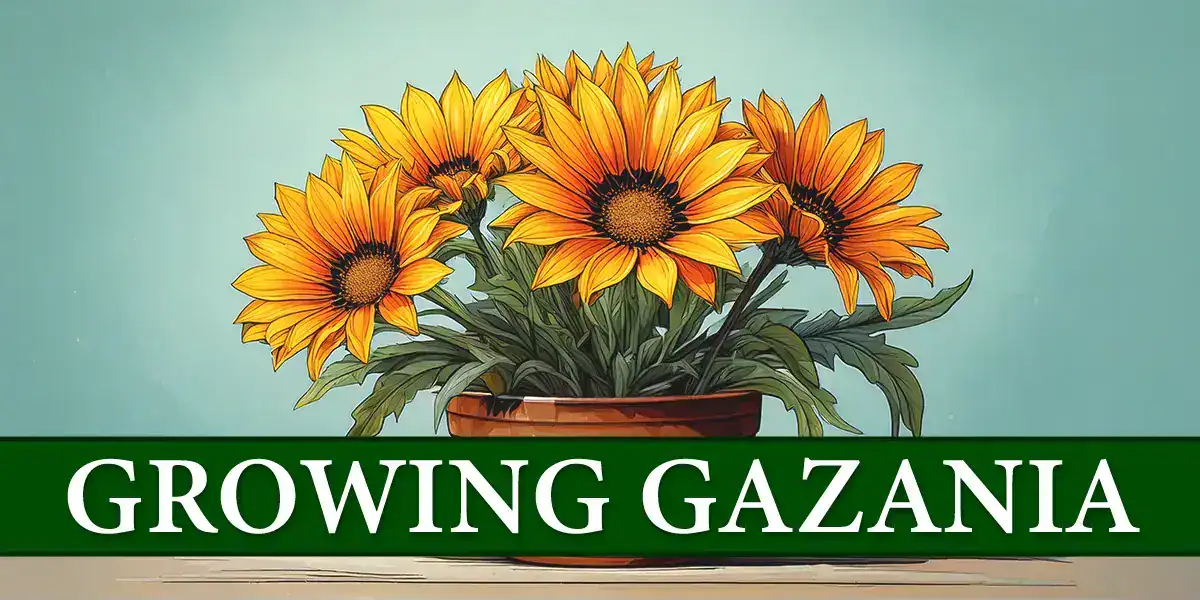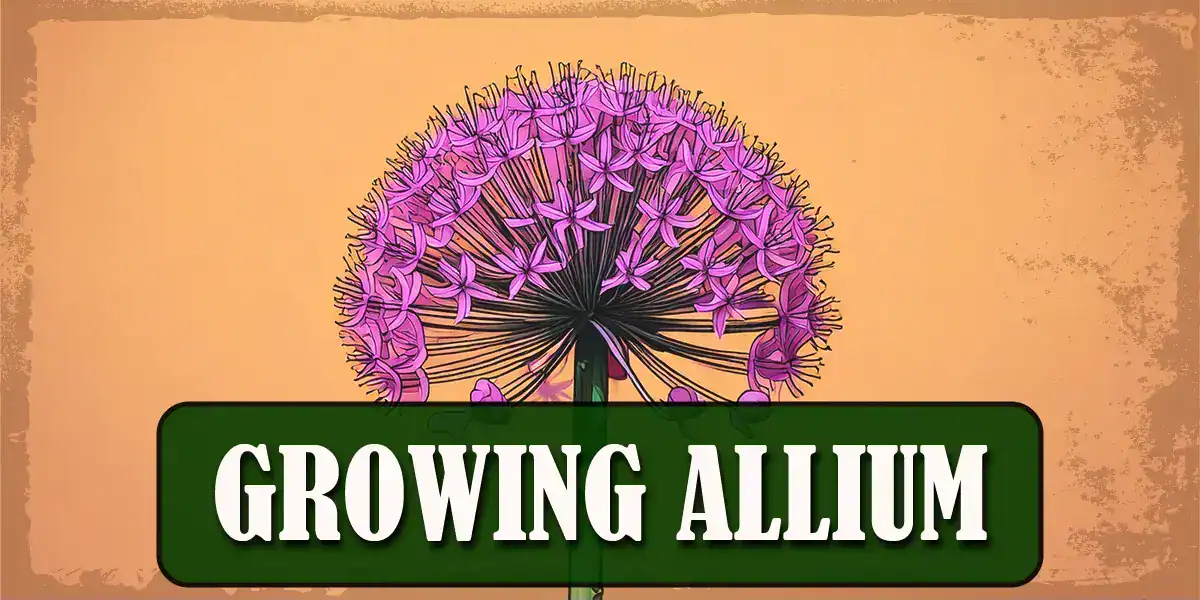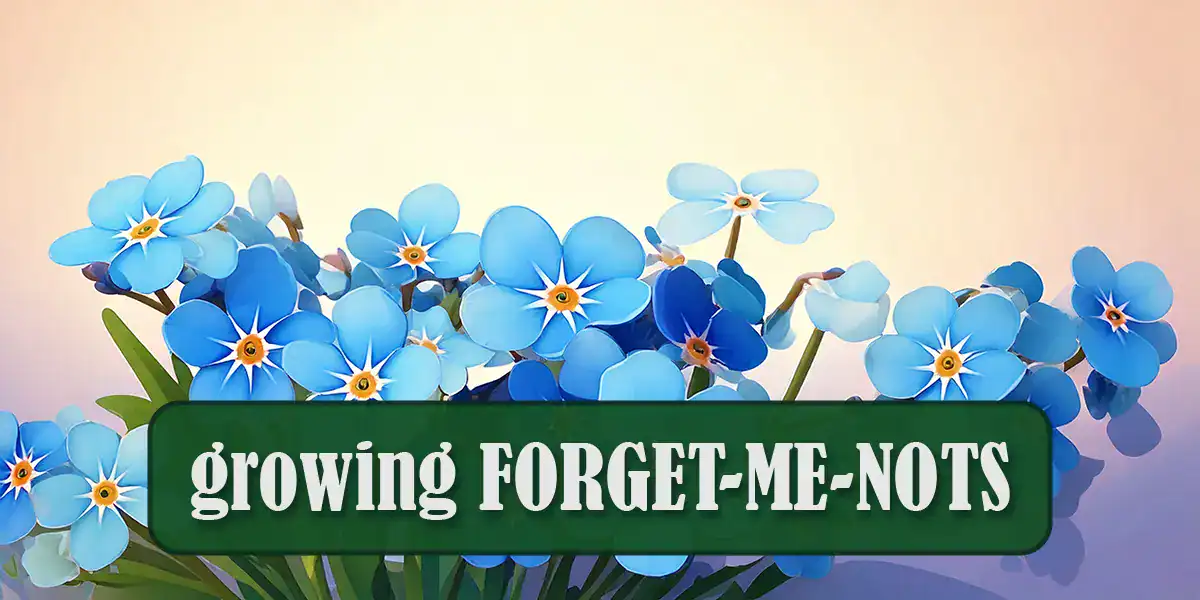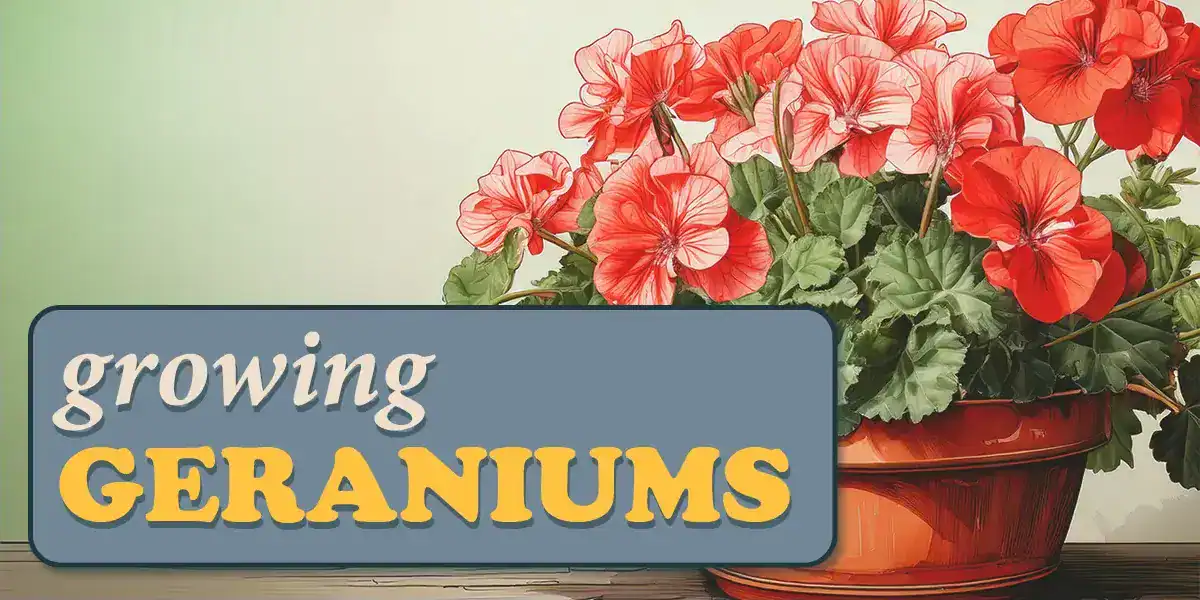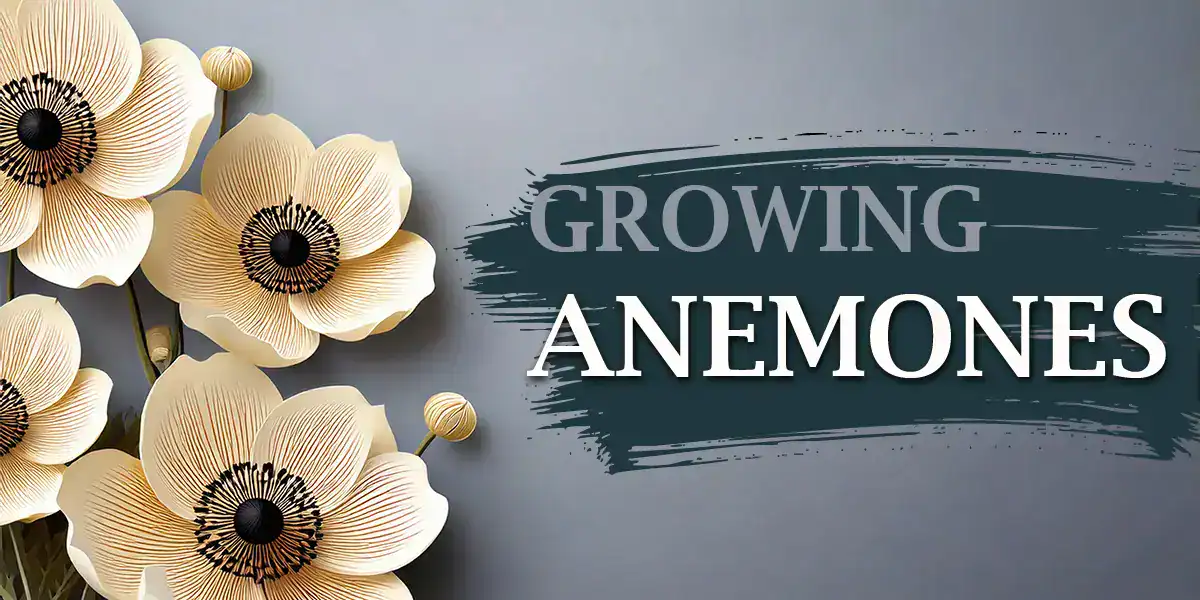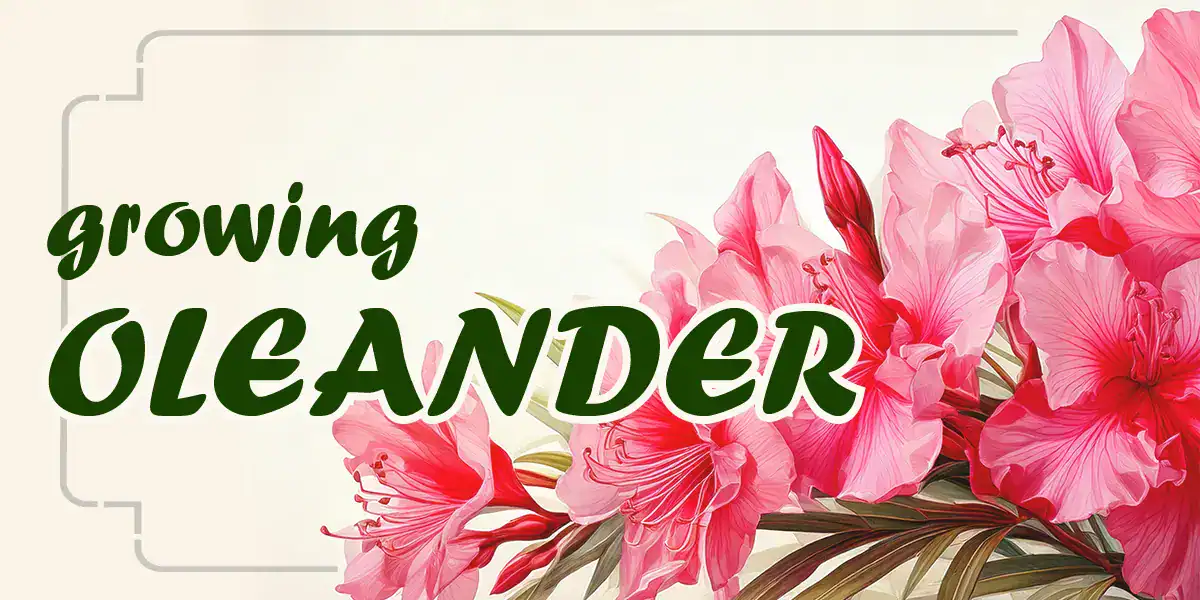Anawalt Gardening, DIY & Tool Tips
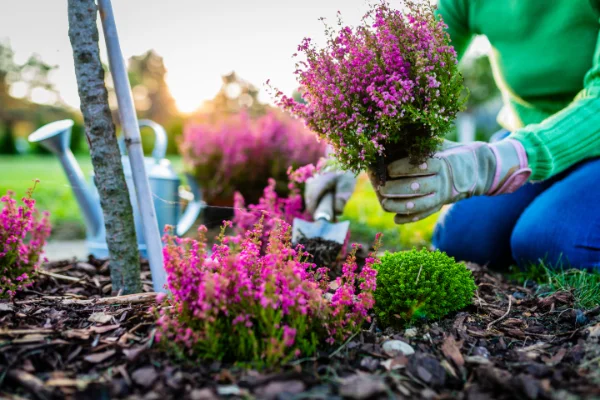
Stay informed with tool & gardening tips & event notifications.
Join our newsletter to receive news, how-tos, and notifications of free events. We promise not to spam you.
December 11th, 2025
Leaky windows and doors waste energy, increase your bills, and reduce comfort, maybe more than you realize.
Whether you’re dealing with scorching Southern California summers or arctic Montana winters, sealing your home is a smart and relatively simple DIY project with immediate payoffs.
December 9th, 2025
Knowing what each tool does best lets you make confident, effective choices — whether you’re aiming for precision, speed, safety, or convenience.
In this guide, we examine the key differences between power tools and hand tools and show you when each one shines.
December 8th, 2025
With their sweet fragrance, vivid colors, long vase life, and easy maintenance, freesias are one of the best bulbs for Southern California.
Whether planted in the ground or in containers, they deliver beautiful, reliable blooms with very little effort.
December 2nd, 2025
The table saw is an essential woodworking tool.
It’s also the most dangerous, causing about 42% of woodworker injuries.
A common failure is kickback. When the wood binds or pinches and is expelled backward, it can pull the operator’s hand into the spinning blade.
December 1st, 2025
Gazanias evolved in rocky, drought-prone regions of South Africa. Once established, many varieties need only rainfall to thrive.
They’re God’s gift to lazy Southern California gardeners — a stunning, low-maintenance, nearly year-round bloom.
November 27th, 2025
98% of cut Christmas trees in the US are grown on dedicated tree farms, where they’re shaped into that perfect cone. These are low-shed varieties that last up to 6 weeks.
Woo hoo! You can raise the tree in late November and still have it fresh and fragrant for Christmas morning.
November 25th, 2025
SoCal’s climate reality means most Angelenos must prepare for heat and cold extremes, especially with spiking energy prices.
In this blog, we list 10 energy-saving upgrades, from simple to complex, to improve indoor comfort and home value.
November 24th, 2025
They’re so whimsical, they almost look like something from a Dr. Seuss story.
Those are alliums — pollinator-friendly, deer-resistant ornamentals that add height and drama to a flower garden.
November 18th, 2025
Noise can disrupt your sleep, focus, and sense of well-being.
Traffic, neighbors, and echoes create noise that overwhelms your nervous system and disrupts rest. Humans evolved in quieter settings.
November 17th, 2025
Forget-me-nots thrive in cool, misty climates — not exactly the picture of Los Angeles in August.
But it’s possible to cultivate these charming blossoms in a warm environment, even inland in SoCal.
November 11th, 2025
A few strategic upgrades can breathe new life into a home. They don’t have to cost a fortune or demand a massive time investment. Even minor updates can transform a space.
Fresh paint, updated hardware, and improved lighting can make rooms appear larger, brighter, more modern, and more inviting.
November 10th, 2025
Did you know the vibrant “geraniums” that fill garden beds across Southern California aren’t geraniums at all? They belong to another genus.
They thrive in sunny climates and bloom for months in SoCal. In mild, frost-free areas, they can be grown as perennials.
November 4th, 2025
These graceful perennials have captivated gardeners for centuries with their delicate forms and vivid colors.
They thrive in California’s mild climate. Some spread gently as ground covers, while others grow in dense upright clumps.
November 3rd, 2025
The mystery stain from last month’s party still haunts your living room.
You’ve decided it’s time for action, and two machines offer possible redemption: a carpet cleaner and a steam cleaner. They look similar and cost about the same, but they work very differently.
October 28th, 2025
Oleander might be the perfect plant for Southern California’s climate. This Mediterranean native thrives in heat, tolerates drought, and blooms nearly year-round in mild winters.
Whether working with a small balcony or a sprawling backyard, oleander delivers outsized visual impact with minimal fuss.
October 27th, 2025
When should you pick a brush or a roller to lay the paint, and which type should it be?
These small decisions can dramatically alter the results of your DIY painting project. The right tool can give you buttery-smooth walls and a pro-level finish.
October 21st, 2025
You’re in a hardware store, staring at two drills. One is a budget-friendly model for $60; the other is a heavy-duty, professional-grade beast for $300.
Both spin a screw, but is the professional model really five times better?
October 20th, 2025
Power washers transform tedious cleaning tasks into quick, satisfying projects. A rented power washer gives you professional-grade cleaning without the storage worries or upfront investment of a purchased unit.
A clean exterior isn’t just about looks — it’s about protecting your investment, extending the life of surfaces, and creating a space you’re proud of.


